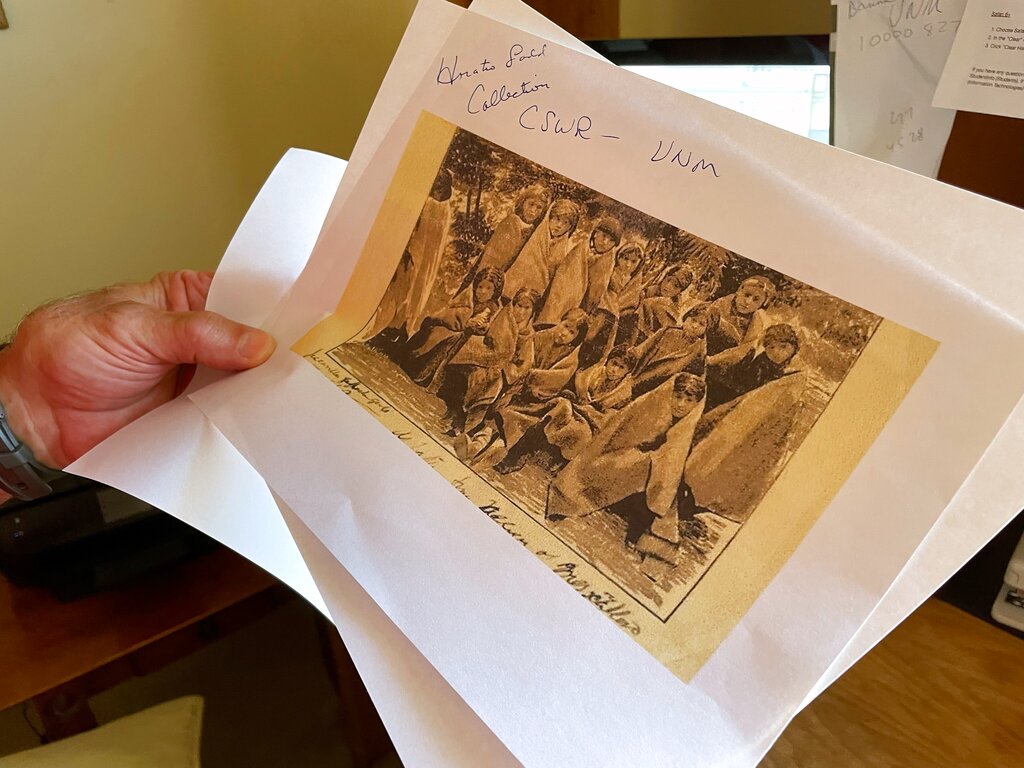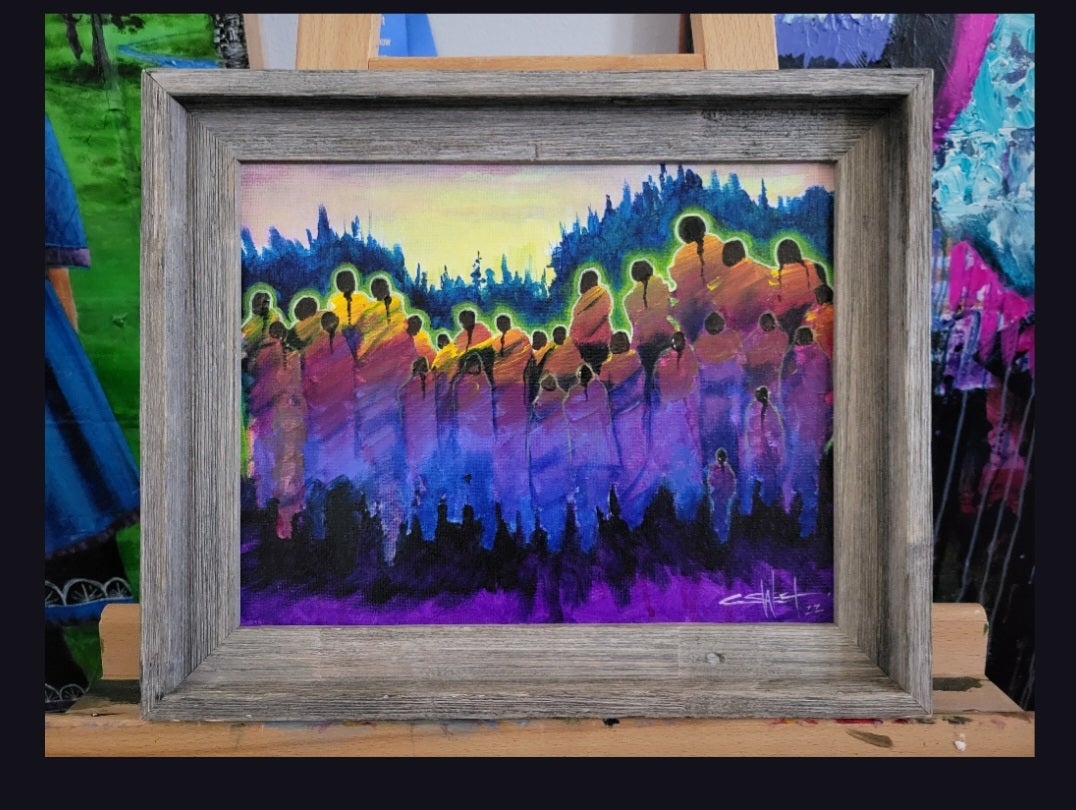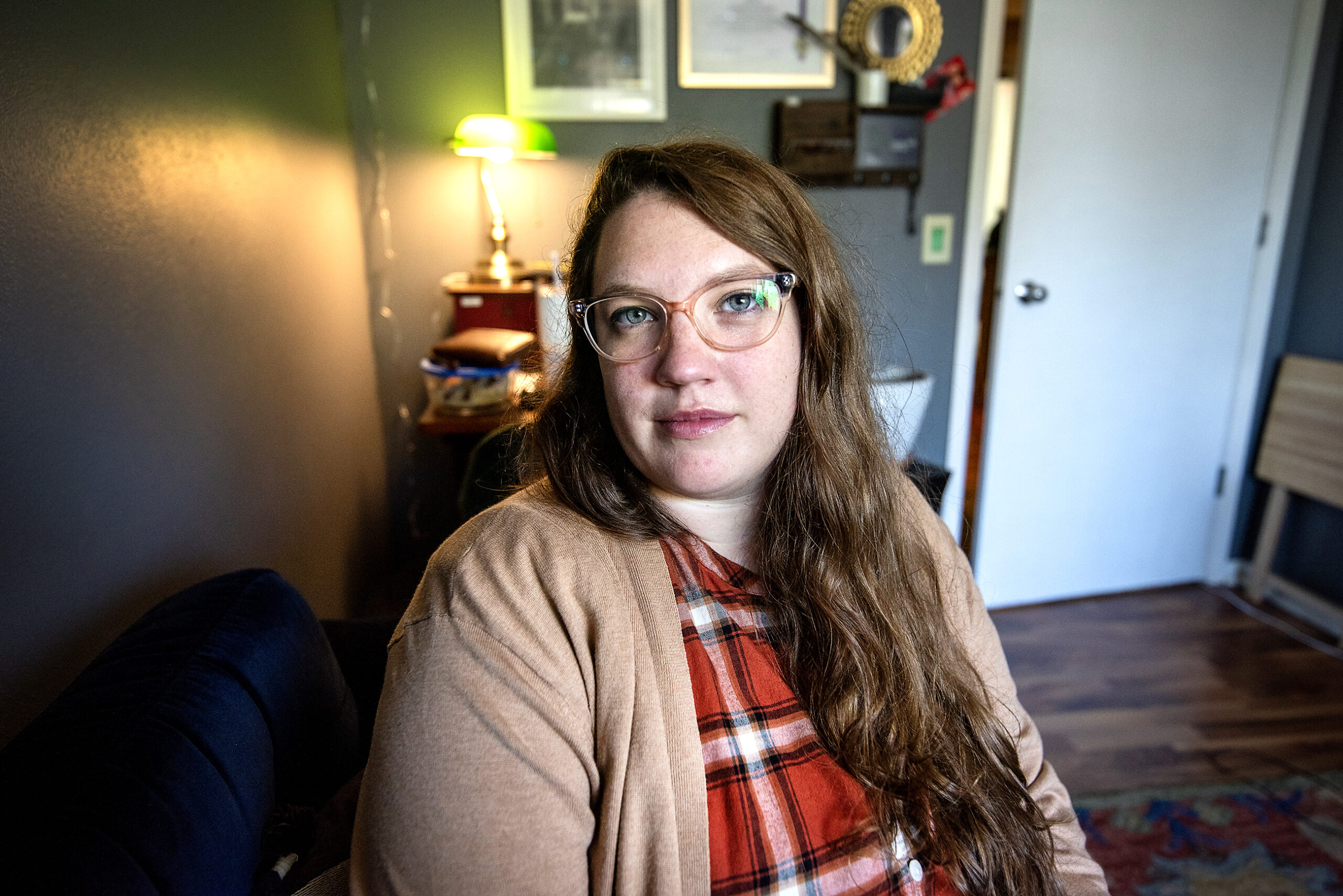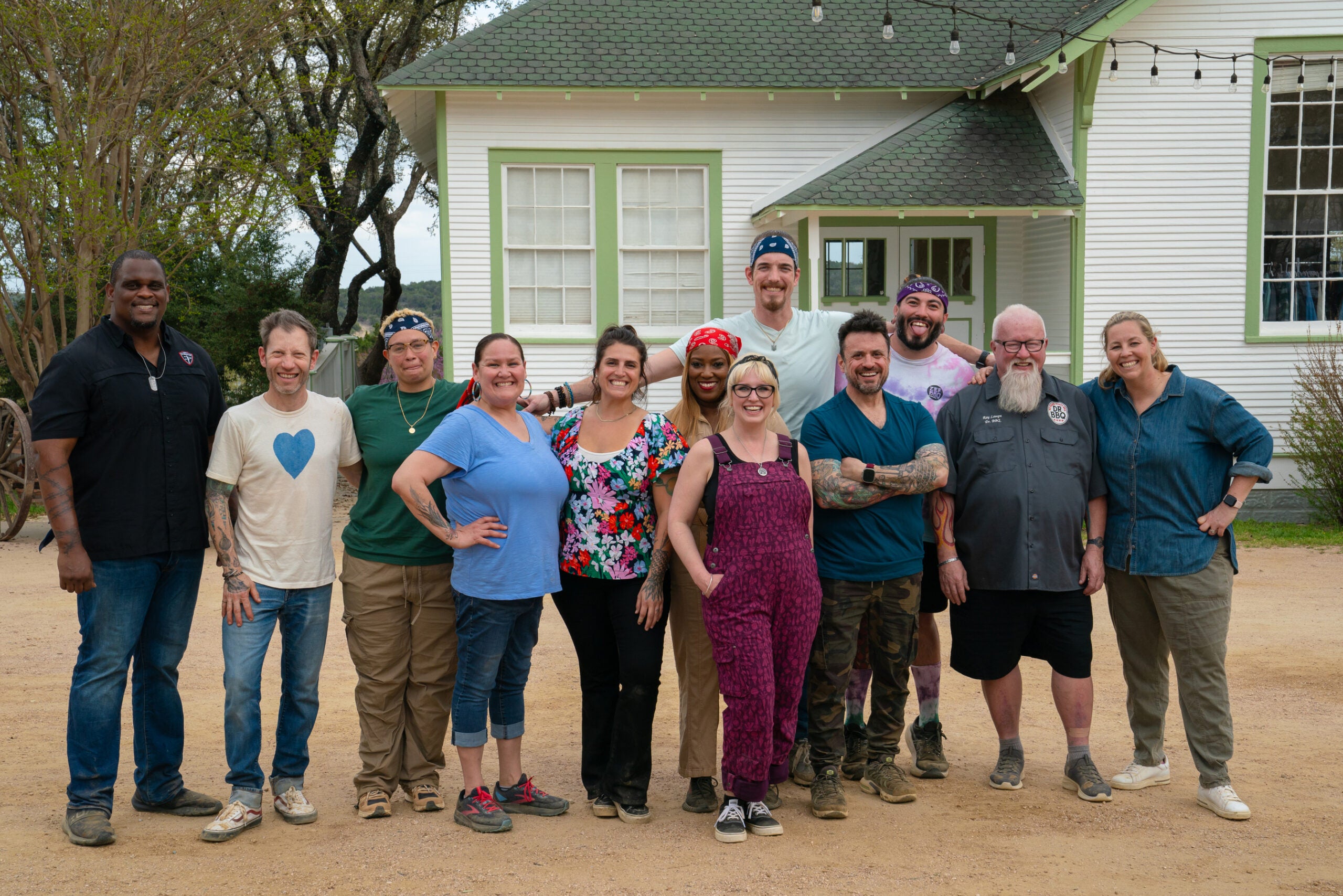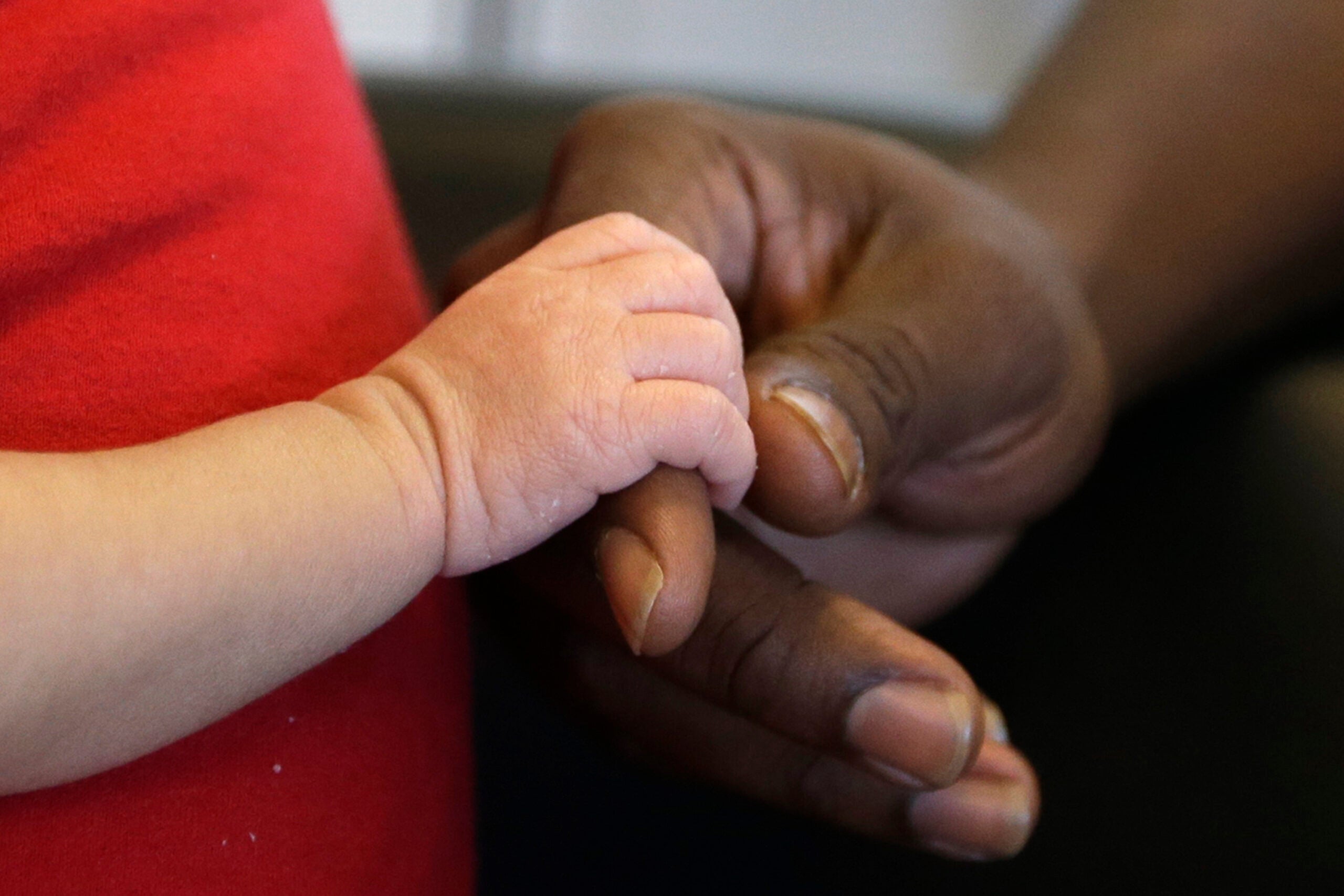A movement of Native American and Indigenous midwifery work has been gaining speed over the past few years in the United States and Canada. We hear from our guest, a Oondaadiziikekwe or midwife, about what is lost when forcing Native women to birth in hospitals. On Food Friday we hear your tips and tricks for new cooks in the kitchen. We also take a look at the scope of this year’s influenza season.
Featured in this Show
-
Wisconsin's Flu Season Upgraded To 'Severe'
The Centers for Disease Control and Prevention have bumped Wisconsin’s flu outbreak level to “severe”. State statistics show that nearly 100 people are being hospitalized with the flu daily. We speak with Megan Meller of Gundersen Health about the flu season and what people can do to safeguard themselves.
-
Midwife Works To Expand Number Of Native American Women Choosing Traditional Birthing Methods
Dorene Day of the Ojibwe Tribe of Northern Minnesota has been tending to Native American women giving birth for years.
As an Oondaadiziikekwe – a Native American midwife – she has made it her life’s work to care for and educate Native American women on the ceremonial and spiritual significance of birth in their culture.
“One of the things that’s very, very important to live a good life … is that we understand where we come from,” Day said. “That is the auspice of teaching indigenous women of all ages to gravitate back towards reclaiming those practices toward having a good life.”
Day discovered at a young age that many of her fellow indigenous women had not been taught about traditional birthing methods and the spiritual practices that accompany them, falling back on Western medicine as a result.
“A lot of the practices we had … almost went extinct,” she said. “My work is to bring that back, bring that cultural, spiritual aspect of birth back to indigenous women if they so desire that.”
Much of that loss stems from a 1942 law that required indigenous women from reservations to travel to hospitals for delivery because their traditional methods of delivery were outlawed. Many Native American women have suffered for it, said Day.
Native American and Alaska Native women are much more likely to be categorized as high-risk and experience higher rates of maternal morbidity or injury than non-Hispanic whites, Asian/Pacific Islanders and Hispanics, according to the Centers for Disease Control and Prevention.
“Many things that are standardized, or now considered best practices for labor and delivery, are very intrusive according to our traditional way of giving birth,” Day said.
The Western approach to birth is largely medical, focusing on the body and neglecting the mind and spirit, she said.
Traditionally, a Native American woman would be surrounded by people and continually move during labor, walking around, doing squats and trying to stay relaxed, Day said.
Day, who was trained by a traditional midwife from the Mohawk Tribe, also encourages Native American women to follow the traditional diet their bodies are accustomed to, like wild rice as a staple.
But in Native American traditions, birth is not just delivering a baby, there’s a spiritual aspect to it and a holistic approach that connects mind, body and spirit.
“When a woman is having a baby there’s a spiritual grounding that takes place,” she said. “Everything is ceremonial, there are songs that are sung, there are offerings of tobacco that are made, there are prayers that are said on behalf of the spirit of the one coming here to physical life.”
Historically there has been a barrier to performing these ceremonies in a medical atmosphere, but Day sees signs that that may be changing.
“There has always been a need in the Western medical field to train individuals that are health care providers … because they don’t really understand that we have this holistic approach, they don’t understand a mistrust that has been with our people all the way back to the treaties that were signed, and the things that were promised and not delivered,” she said.
Health care providers are sometimes willing to allow a birth plan written by the family, Day said, but it is often a struggle to make it happen.
“We have the ability to heal ourselves,” she said. “We know that we were placed here by the creator, we didn’t come from somewhere else and that’s a very important thing.”
-
Native American Women Reclaiming Natural Birth
A movement of Native American and Indigenous midwifery has been growing over the past few years in the United States and Canada. Many Native American women are forced to travel to hospitals because their traditional ways of prenatal and birth care were dismissed by Westernized medical care. However, this leaves out crucial Native traditions and disregards the ceremonial elements and spiritual significance of birth in Native American culture. We talk to one Oondaadiziikekwe, or midwife, who has been doing natural birth and teaching its methods for decades.
-
Got Stove Fright? These Cooking Tips Are For You
If you find yourself spending too much on carryout but are intimidated by the prospect of cooking for yourself, don’t fret: cooking doesn’t have to be labor-intensive or fancy.
Here are some tips for novice cooks from WPR’s very own self-identified gastronomes.
Ditch the cheap knives.
You’re going to want a high quality, sharp knife, especially if you’re a bit clumsy. The cut you might accidentally give yourself from a dull knife is worse than one from a sharp knife. And you’re less likely to cut yourself with a sharper knife, because it will slice more easily and cleanly through whatever you’re cutting.
Get a meat thermometer.
They’re not too expensive, and you can be sure you’re cooking your meat thoroughly without burning it.
Keep spices simple.
You don’t need a huge spice cabinet to cook good meals. Try starting out with cumin, coriander, smoked paprika, tumeric, pepper and maybe a few others. Get some soy sauce, good fish sauce, a few dried chilies, and that’s all you really need. Switching up the amount of any given spice you use can have a big impact on the taste, so try playing around with that.
Cookbooks and recipes are your friends.
This is especially true if you’re newer to cooking. There’s endless guidance out there, so make use of it! As you grow more comfortable with recipes, you can put your own spin on them if you want.
Also, if you’re trying a new recipe, be sure to read the entire thing, start to finish, before you actually start cooking. That way you can know exactly what you need, when to do what steps, and how much time it will take beforehand.
It can also help to lay out all of your ingredients on the counter before you start cooking, then put them away when you’re done using them to avoid accidentally putting something in twice.
Know the difference between gas and electric and adjust accordingly.
Electric stoves are slower to heat up and slower to cool down, whereas gas stoves change heat almost instantaneous. Keep that in mind when cooking things that are heat sensitive, like rice.
You can get out of the box with box mixes.
If you’re making cake or cornbread from a box mix and you want it a bit sweeter, replace the water with apple juice. That will make it sweeter and more moist than water.
Don’t be afraid to take shortcuts.
There’s nothing wrong with “the easy way out.” That means premade pie and quiche crusts, frozen vegetables and premade stock are all fair game.
Make cleanup as easy as possible.
If the thought of having to do a big cleanup on top of cooking a meal is repellant to you, you can make it easier by cleaning up as you cook so that by the time your food is in the oven, much of your cleaning is done.
You can also reserve the time that your food is cooking for cleaning up. Or, just find someone else who will clean if you cook!
-
Food Friday: Tips For New Cooks
This Food Friday, we talk to WPR foodies about cooking tup they wish someone had given them. We look at techniques and recipes that can come in handy if you are new to cooking.
Episode Credits
- Rob Ferrett Host
- Judith Siers-Poisson Host
- J. Carlisle Larsen Producer
- Natalie Guyette Producer
- Haleema Shah Producer
- Megan Meller Guest
- Dorene Day Guest
Wisconsin Public Radio, © Copyright 2026, Board of Regents of the University of Wisconsin System and Wisconsin Educational Communications Board.
